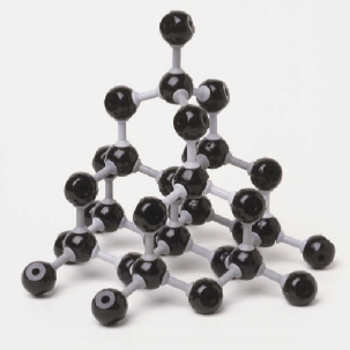Question #7d861
1 Answer
Colligative properties are those that depend on the ratio of particles of solute to molecules of solvent. Meaning they are properties that depend on concentration.
The effects of the colligative properties are part of the names of the properties.
Some colligative properties are:
- Vapor pressure lowering
- Freezing point depression
- Boiling point elevation
- Osmotic pressure
The reason why these things happen is beyond the scope of this answer, but suffice it to say that most colligative properties are based on the impacts of differences in intermolecular forces (IMF) of attraction between particles or compounds. Such as the differing strength of IMF between solvent-solvent, solute-solute, or solute-solvent.
In example, vapor pressure lowering happens when you dissolve an ionic compound (nonvolatile solute) in a solvent (typically water) the ion-dipole formed between the dissociated ions are stronger than the hydrogen bonding between water molecules.
Since stronger IMF are formed the rate of evaportation will decrease, effectively lowering the vapor pressure.

